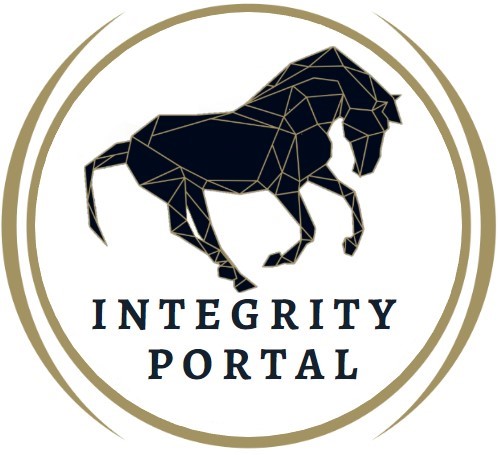The Referrals Committee, Mr. Sean Barry (in the chair), Mr. Philip Caffrey and Mr. Laurence McFerran met at the Offices of the Irish Horseracing Regulatory Board (IHRB) The Curragh, Co. Kildare on Wednesday 10th October 2018, to consider reports from LGC Laboratories, Cambridgeshire, UK, that the Sample taken from City Island following his win in the Win Big With Tote Maiden Hurdle at Galway on 1st August, 2018, was found to contain arsenic. Under Rule 20(v) of the Rules of Racing, arsenic is a prohibited substance.
The Trainer requested that the “B” portion of the Sample be analysed and the results of the analysis carried out at Laboratoire des Courses Hippiques confirmed the findings in the “A” portion of the Sample, that it contained arsenic at a concentration above the international threshold of 300 ng/ml.
Evidence was heard from Dr. Lynn Hillyer, IHRB Chief Veterinary Officer/Head of Anti-Doping regarding the investigation into the adverse analytical finding.
In her evidence Dr. Hillyer advised that arsenic is a chemical widely distributed in the environment, usually at very low levels. It is monitored in food, particularly rice, and water in Ireland. Fish and seafood account for over 90% of total exposure to arsenic in food; it is mostly present in its less toxic organic form in these. In its inorganic form it is a highly toxic carcinogen, used for centuries as a poison, before more recently being employed as a chemical weapon and doping agent. Paradoxically, it has also been used as a medicine and is today marketed for horses as a ‘tonic’. It is a prohibited substance as set out in Rule 20(v) and Regulation 14 of the Rules of Racing and the Irish National Hunt Steeplechase Rules because it is a substance capable at any time of causing an action or effect, or both an action and effect, within several mammalian body systems. As it is found in nature a population-based international threshold level of 300ng/ml in urine has been in place for at least twenty years.
During an unannounced yard inspection conducted as part of the investigation, Mr. Brassil confirmed that he was using two supplements in his feeding regime, one of which was seaweed based. Samples of both supplements were provided for analysis; the seaweed supplement was found to contain sufficient arsenic to be a likely source of the adverse analytical finding.
In his evidence Mr. Brassil noted that the supplement did not list arsenic as a possible ingredient and was described as “organic”. He had been using it for his horses as a feeding supplement as he was of the view it was good for the horses and had been shocked when the horse tested positive for arsenic. He confirmed that he was no longer using it for any horses returned in training.
Dr. Hillyer noted that Mr. Brassil could not have been aware of the presence of arsenic in the supplement at the time he was using it. She noted that due to recent cases this information had been publicised and trainers were being reminded that caution should be exercised regarding the timing of the use of supplements in general, in particular those which contain seaweed.
Having considered the evidence the Committee were satisfied that Mr. Brassil was in breach of Rule 96(a). The Committee therefore disqualified “City Island”, ordered that the stake be forfeited and that the race result be amended to read as follows:-
First: Getareason
Second: Debuchet (FR)
Third: Speirling
Fourth: Macgiloney
Fifth: Optical Confusion
In considering the penalty, the Committee imposed a fine of €1,000 on Mr. Brassil and waived it as they determined that he had unknowingly administered the substance and had taken reasonable precautions to avoid a breach of rules.
The case was presented by Ms. Cliodhna Guy, Head of Legal, Licensing & Compliance.

